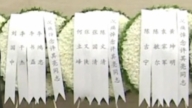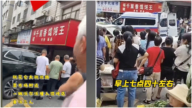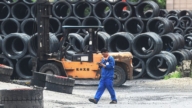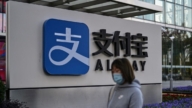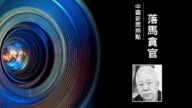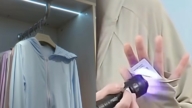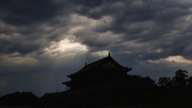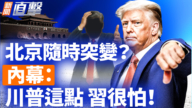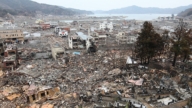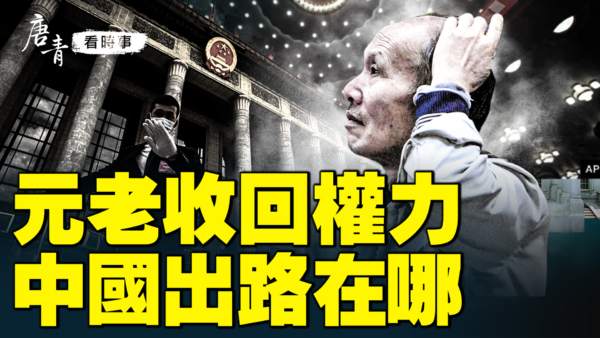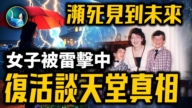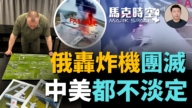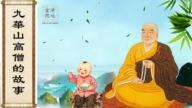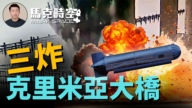【新唐人2012年1月5日讯】湖北省最近要求省内各媒体,不得进行异地监督和跨省监督报导,引起大陆媒体人的高度关注和感叹。媒体人表示,湖北省的做法,显示出中共当局担心十八大之前舆论失控。
中共湖北省委常委会最近向省内媒体作出了八项要求。包括牢牢把握舆论导向、规范新闻采访、加强新闻审核、规范互联网使用、规范媒体微博管理、改进舆论监督原则等,其中明确规定,湖北媒体不搞异地监督,不搞跨省监督采访。
对此,前《中新社》记者,资深媒体人高瑜指出,实际上,不许异地监督是中宣部很早就有的决定,并不是湖北省单独的举动。
高瑜:“不许异地监督是中宣部的决定。早就有这个,不光是湖北省的。它就是要把一些负面新闻限制在区域之内,由地方领导来化解,所以这个本身就是干涉新闻自由。另外呢,使得胡锦涛所说的什么老百姓的知情权哪,这呀那呀的,都成为泡影。”
在中国大陆,很多媒体隶属于地方党政机关,人权、财权、物权都受到控制,因此有些媒体人认为“异地监督”是媒体仅有的空间,能够揭露部分负面的新闻。没有了“异地监督”就等于没有任何监督。
也有媒体人指出,如果曝光的是小贪官,记者还可能自保。如果揭露高官,在哪里都不行。事实上,类似《新京报》和“南方”报业等都曾因此屡屡被整治,许多知名记者被打压。
中国《农产品市场周刊》主编黄天良:“不要说什么异地监督,你能监督什么?谁监督谁?那本来就是中国共产党的宣传工具,能监督共产党吗?所以说不要奢求中国新闻界能够发挥正常的新闻功能。”
大陆记者身陷舆论管制和职业操守的矛盾之中,处境非常艰难。1月4号,曾经报导过“华科三连跳”,采访过江西独立参选人刘萍的《法制周报》知名记者赵雪浩,在微博上留言后,爬上7楼准备自杀。在3小时内全国近百万网友密切关注这一事件,直到赵雪浩最终获救。
记者打电话到《法制周报》询问赵雪浩的现状,他的同事却不敢谈论这件事。
《法制周报》采编部工作人员:“这个情况不能向您透露吧,我们这里现在都不可以谈论这个问题。”
高瑜谈到,大陆记者的自由度非常小,许多人只能在网络媒体上变换其他身份发言。
高瑜:“每个记者都不是自由人,甚至他为这个行业献身的那种精神,都要被他上边严格的控制着。在中国来讲,整个儿就是一个党管新闻。”
北京资深新闻工作者罗先生对《自由亚洲电台》表示,湖北省的做法显示出,中共当局非常担心十八大之前舆论失控。
新唐人记者易如、尚燕、黎安安采访报导。
—————
Cross-Regional Investigative Reporting: Hubei Media Banned
Hubei media outlets were recently banned from conducting
cross-regional investigative reporting.
The Chinese Communist Party (CCP) Hubei authorities’
official request ignited great concern from China’s media.
Media professionals say the official acts show the CCP
fears losing control of public opinion before 18th Congress.
The CCP Hubei Provincial Standing Committee recently
issued eight rules on media outlets in Hubei.
The regulation firmly grips the guidance of public opinion,
by standardizing news coverage.
It strengthens news censorship, regulates internet and micro
blogs, and solidifies supervision of public opinion.
In particular, local media outlets were explicitly banned from
conducting ‘cross-regional reporting’.
Veteran media professional, Gao Yu, a former reporter at
Xinhua News Agency, commented on the ban.
The cross-regional reporting ban has been issued by CCP
Central Propaganda Department, not CCP Hubei authority.
Gao Yu: “The cross-regional supervision ban was a CCP
Central Propaganda Department decision made a while ago.
It’s not just for Hubei to follow. The ban aims at curbing
negative news’reporting.
This will be left to local CCP leaders to defuse and resolve.
The regulation in itself is an interference with press freedom.
What’s more, this makes Hu Jintao’s claims of people’s
right to know, and the like, wither away. “
Many media outlets in China are affiliated with local CCP
Organs.
Their human resources, finance and property rights are all
under control.
Some media professionals therefore think cross-regional
reporting is the only space left to deliver negative news.
No cross-regional reporting is equal to no reporting.
Some media persons highlight that by exposing small corrupt
officials, reporters may still be able to protect themselves.
However, if a senior official is exposed, the reporter will
suffer crackdown no matter where he is.
This is proved by fact, such as Beijing News or Southern
Press Group being repeatedly punished.
Many of their renowned reporters were suppressed.
Huang Tianliang (Chief Editor, Weekly Agricultural Market):
“Needless to say with the ‘cross-regional supervision’ ban,
what can the media monitor? Who supervises who?
The media has always been a propaganda tool of the CCP,
can it monitor the CCP?
So don’t expect too much of the media in China to play its
normal journalism function."
Caught up in a dilemma of media censorship and
professional ethics, China’s news reporters are in hardship.
On January 4, renowned journalist Zhao Xuehao tried to
commit suicide after leaving final messages on a micro blog.
Zhao reported on Jiangxi-based independent candidate
Liu Ping.
He also reported on consecutive suicides in Huazhong
University of Science & Technology.
During the three hours until his rescue, Zhao’s personal
safety caught the attention from nearly one million netizens.
NTDTV contacted Legal Weekly newspaper to enquire about
Zhao’s current situation, but Colleagues didn’t dare comment.
Editorial staff of Legal Weekly: “I cannot disclose his
situation to you. We are not allowed to discuss this issue."
Gao Yu says that China’s reporters have very limited
freedoms on their reporter coverage.
Lots of people are forced to speak via online media, using
other identities.
Gao Yu: “No reporter is free. Even personal devotion to the
profession is strictly controlled.
Journalism in China is wholly controlled by the CCP. “
Beijing-based veteran journalist, Mr. Luo, spoke to Radio
Free Asia.
The Hubei authorities’ request shows that the CCP regime
is very worried that they will lose control of public opinion before holding the18th Congress.
NTD reporters Yi Ru, Shang Yan and Li Anan.



